6 Japanese Tips to Make Home Cooking Easy
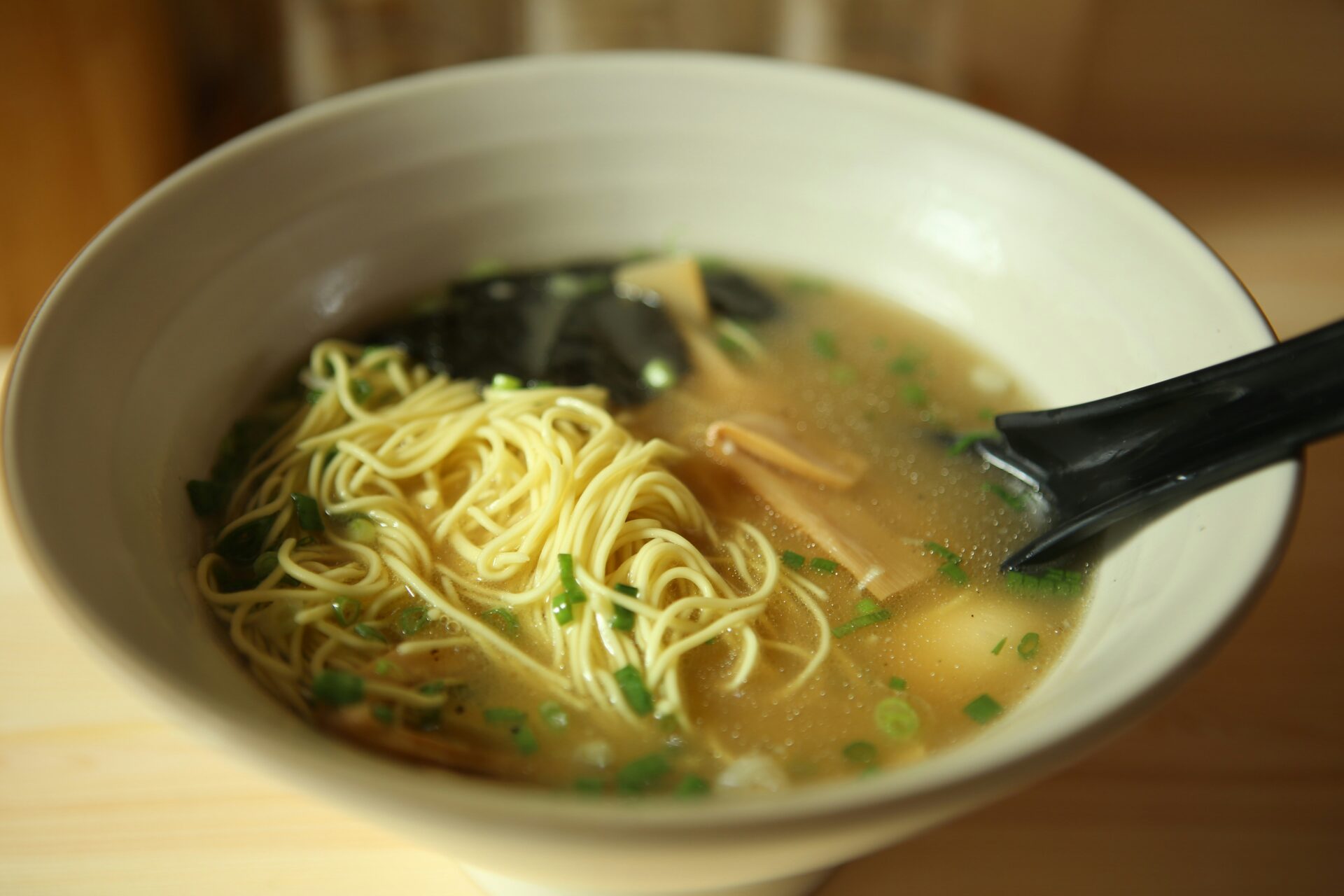
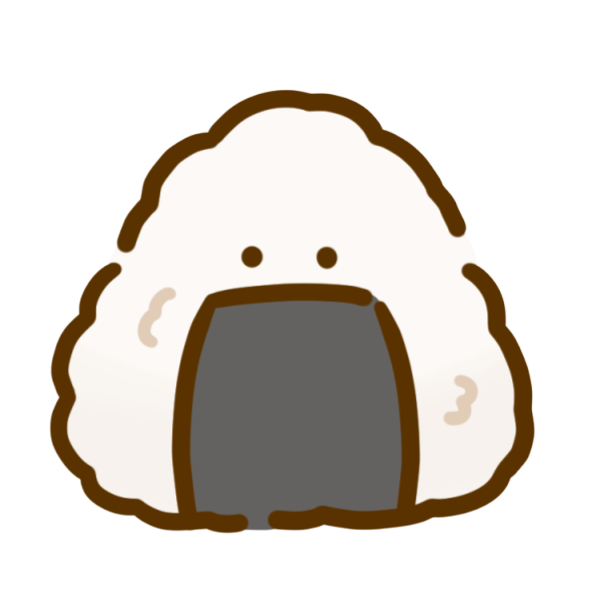
I try to cook myself, but it’s such a hustle …
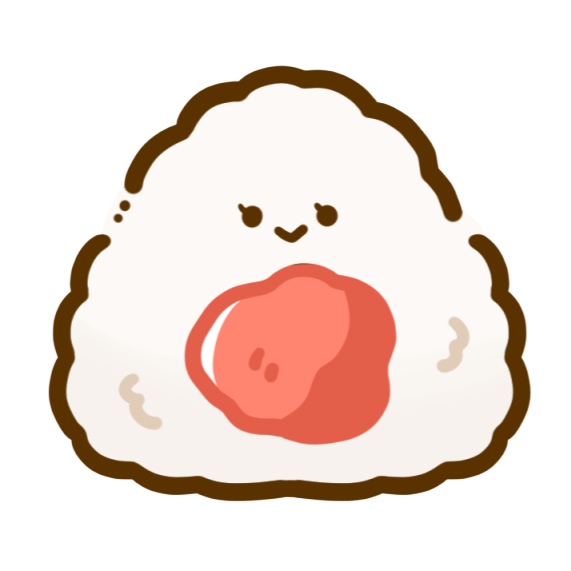
Perhaps you are setting the bar too high. I’ve been there, too.

For you, here are 6 mindsets and tips from Japan. My hope is any of them could put your mind at ease and help you self-cook more effortlessly and consistently.
How to Uncomplicate Self-cooking
1. Let go of “shoulds” from ideal pictures
In this information-overloaded world, many of us seem like getting overwhelmed by societal images of “ideal home-cooking.” Media agitates those perfect ideals and social expectations. No wonder why we feel pressured.
What if we choose to unlearn those “shoulds,” the beliefs we’ve taken in from external information?
Perhaps this might not apply if you cook for your family. You would have responsibilities and will to care for loved ones as well as expectations.
But at least for yourself, I believe home cooking can be much simpler and lighter, which creates a sense of freedom.
To show an example, here is my easy-lazy dinner after a busy day.
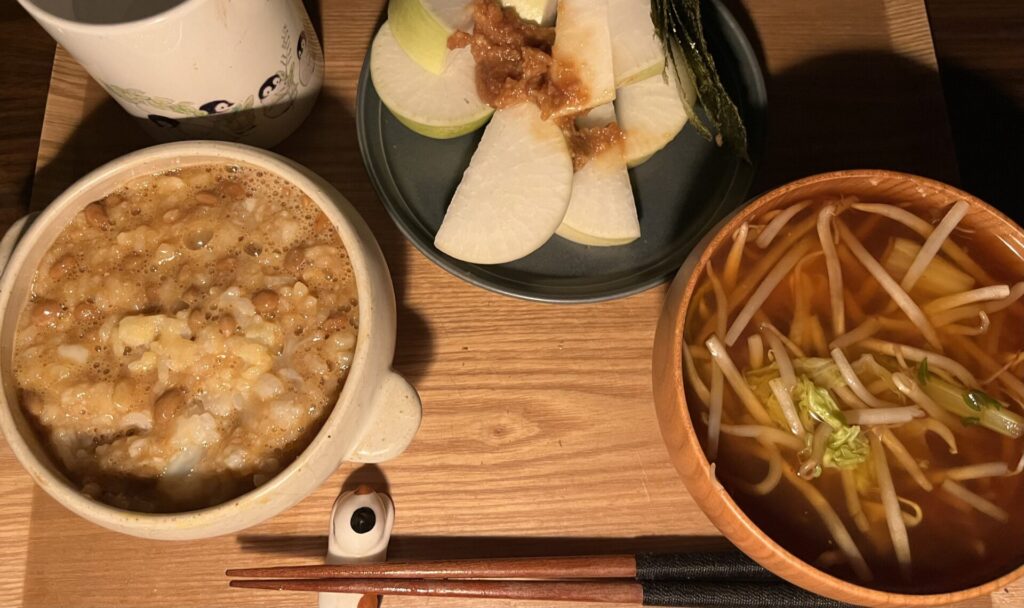
Yes, brutally realistic. Hopefully, this example will mitigate your pressure a little bit.
2. Lower your standard of home dishes
Lately in Japan, baking cakes with a rice cooker (炊飯器ケーキ) has gone viral among women.
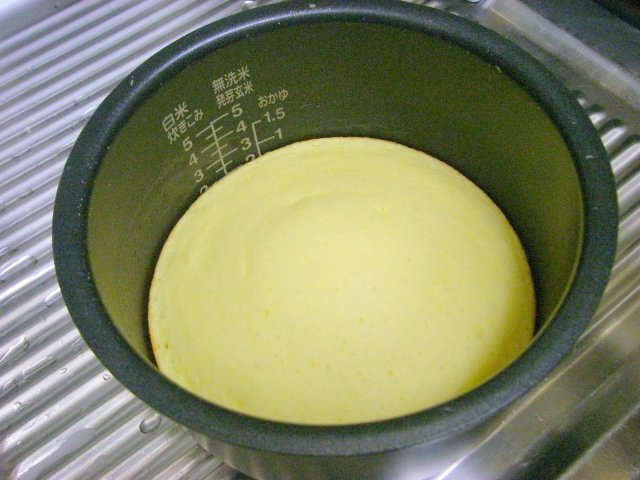
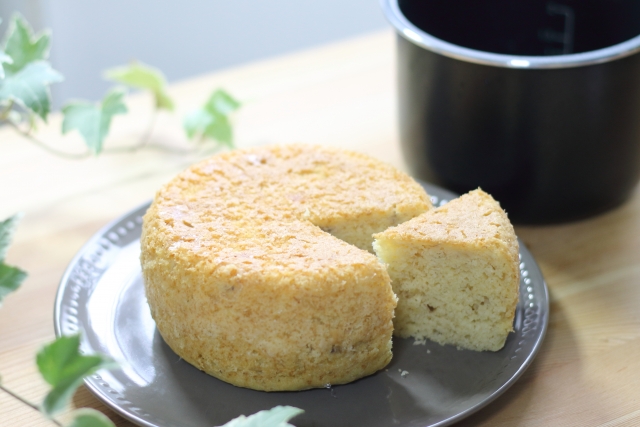
This innovative example overturned the conventional belief that “cakes should be baked in the oven.”
3. Cook as a self-care instead of a chore
By shifting our perception, cooking can be a part of self-care activities.
Doi Yoshiharu, a renowned Japanese chef, once said cooking is a caring activity, which seems to apply to cooking for yourself as well. Prepping your meals in such a hectic schedule means you are taking care of your body and heart. Great!
Yuka Yamaguchi, a Japanese home-cooking expert and creator, suggests a similar idea.
Eating self-cooked meals is completely different from eating out or ordering meals. Being able to cook for yourself means you have the skill to nurture and take care of yourself in accordance with the changes in your conditions and circumstances. With this strong life skill, it’s possible to survive through the ups and downs of life.
Self-care doesn’t have to be taking a buddle bath. By chopping veggies, you are casting a vote for a healthier version of yourself, which can be seen as a self-care act rather than an arduous chore.
4. Make your simple “default style”
In Japan, there is a traditional meal style known as “ichijyu-issai (一汁一菜, one-soup one-meal)”
I love this idea of creating your default style and keeping it simple because it allows me to automate meal planning and prepping.
For more about the “one-soup one-dish”, check out the article below. Although your style doesn’t have to be one-soup one-dish, it would be worth taking a look to grasp the point.
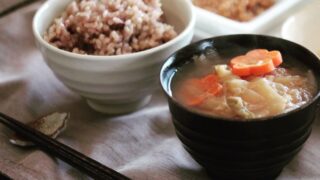
Here’s another case. What comes to mind when you hear “Japanese bento 弁当 (to-go lunch box)”?
Typical (also socially “expected”) bento looks like this.
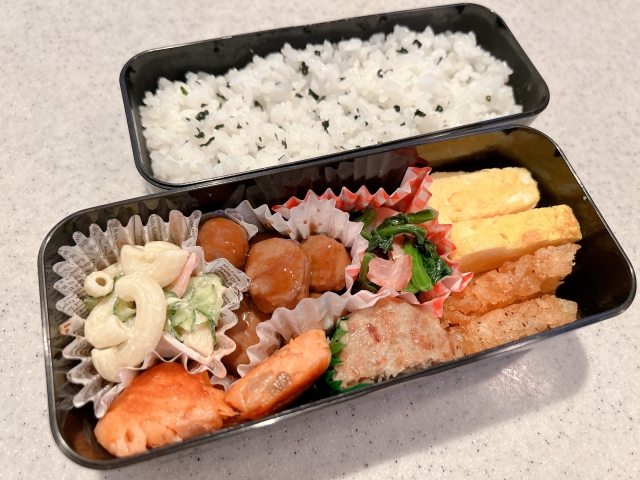
Or, even more fancy like this.
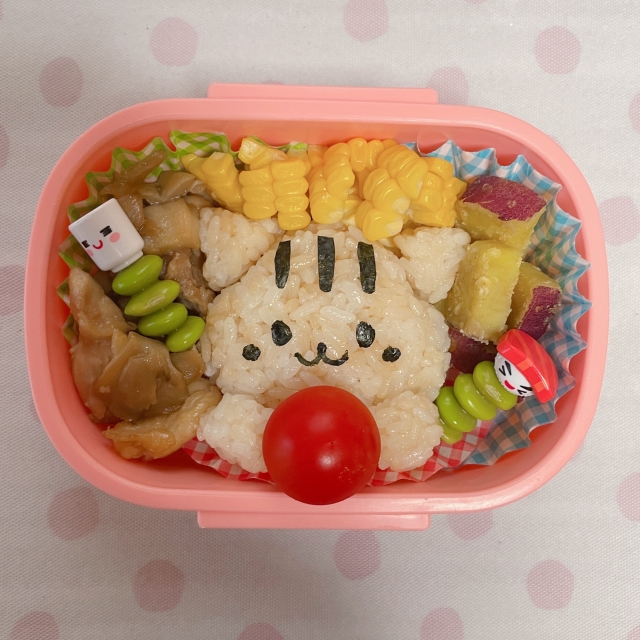
Certainly, they look beautiful and nutritious

But..is it realistic even when life gets messy?
Let’s have a look at my go-to bento: lentil curry and quick onigiri from my freezer.
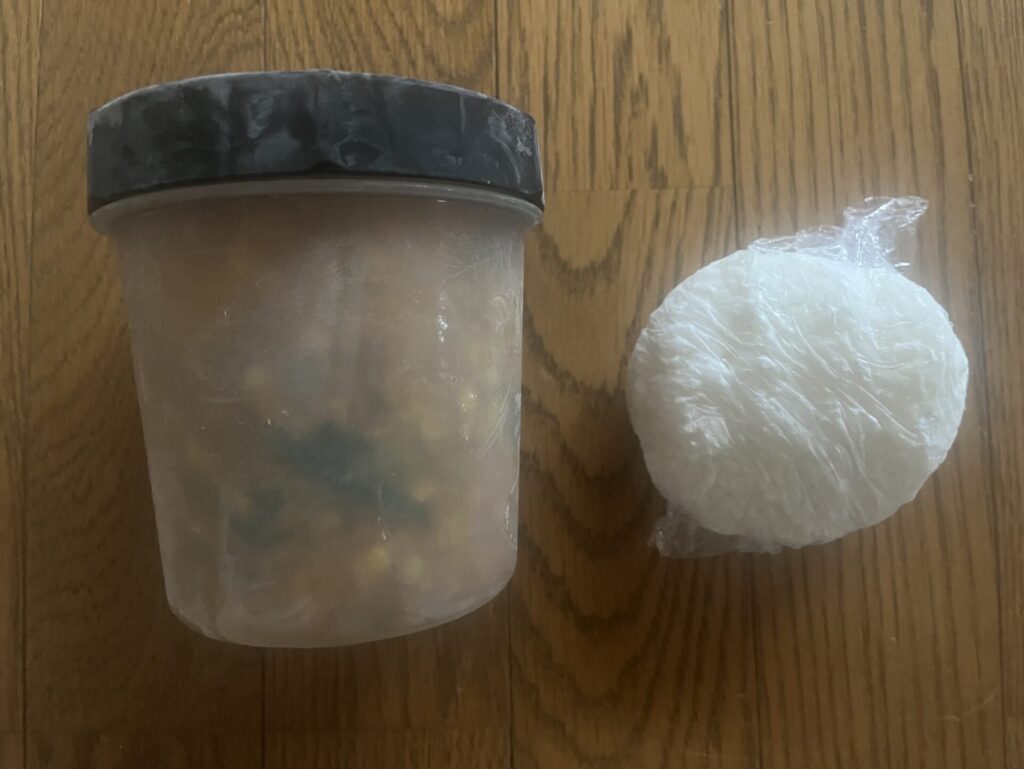
It’s far from aesthetic, yet simple, delicious, realistic, and nourishing for my body and heart. At least it works for me. It requires less time and mental space for meal planning, groceries, and cooking so that I can allocate the spared resources for what really matters.
5. Cook in bulk ahead of the week
“Tsukuri-oki (作り置き, meal prep)” is a common prepping routine for many hard-working Japanese who strive to cook at home.
For example, here are some ideas from my super-simple weekend tsukuri-oki.
・Cutting veggies and keeping them in a silicon bag, so I can cook miso soup within 5 minutes after work
・Bunch-cooking marinated veggies and beans.
・Bunch-making onigiri and lentil curry, freezing them for to-go lunch.
・Bunch-making amazake with beans
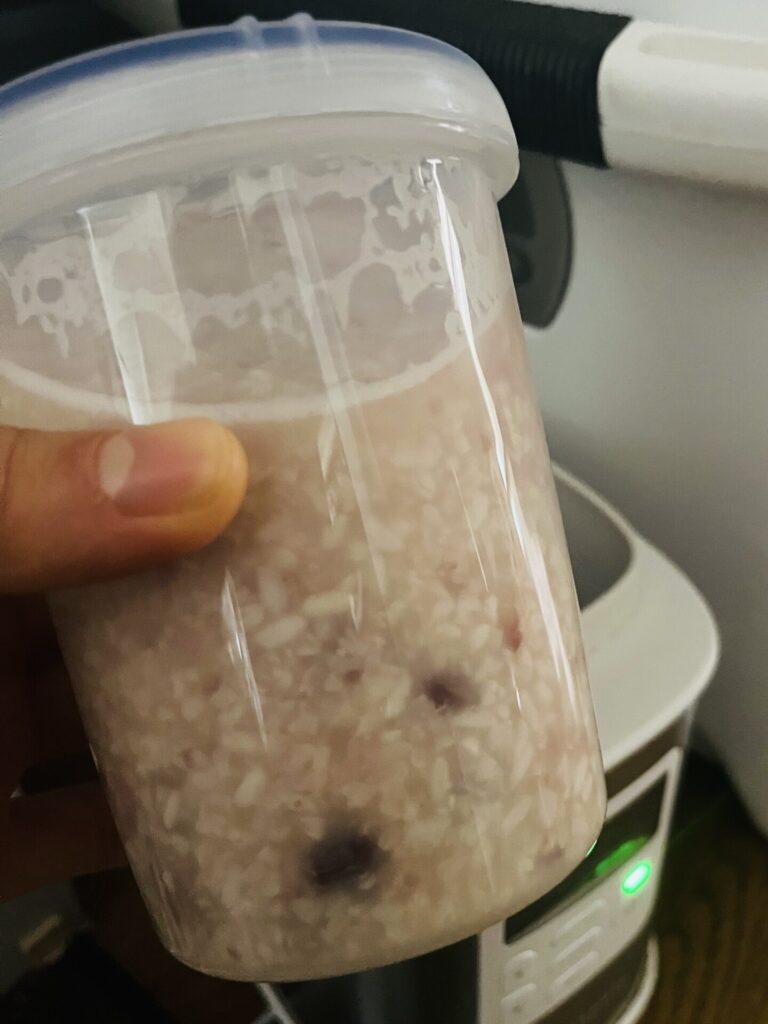
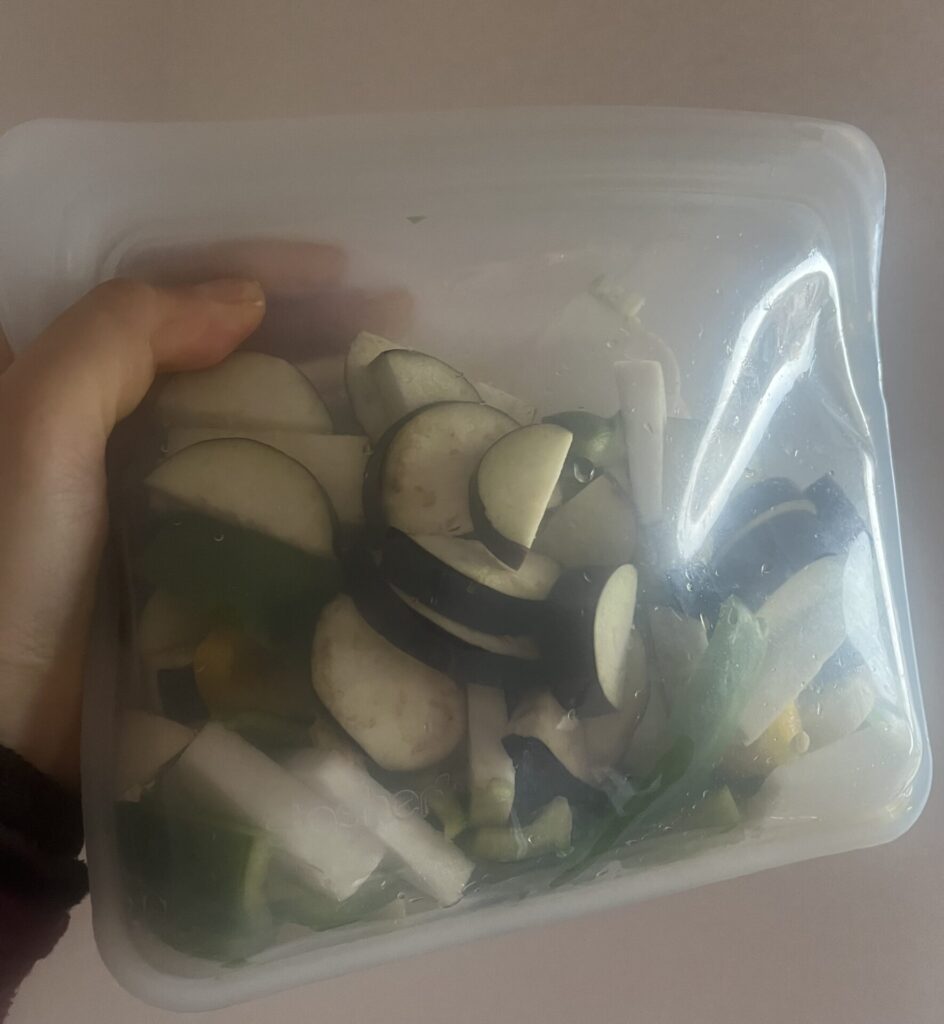
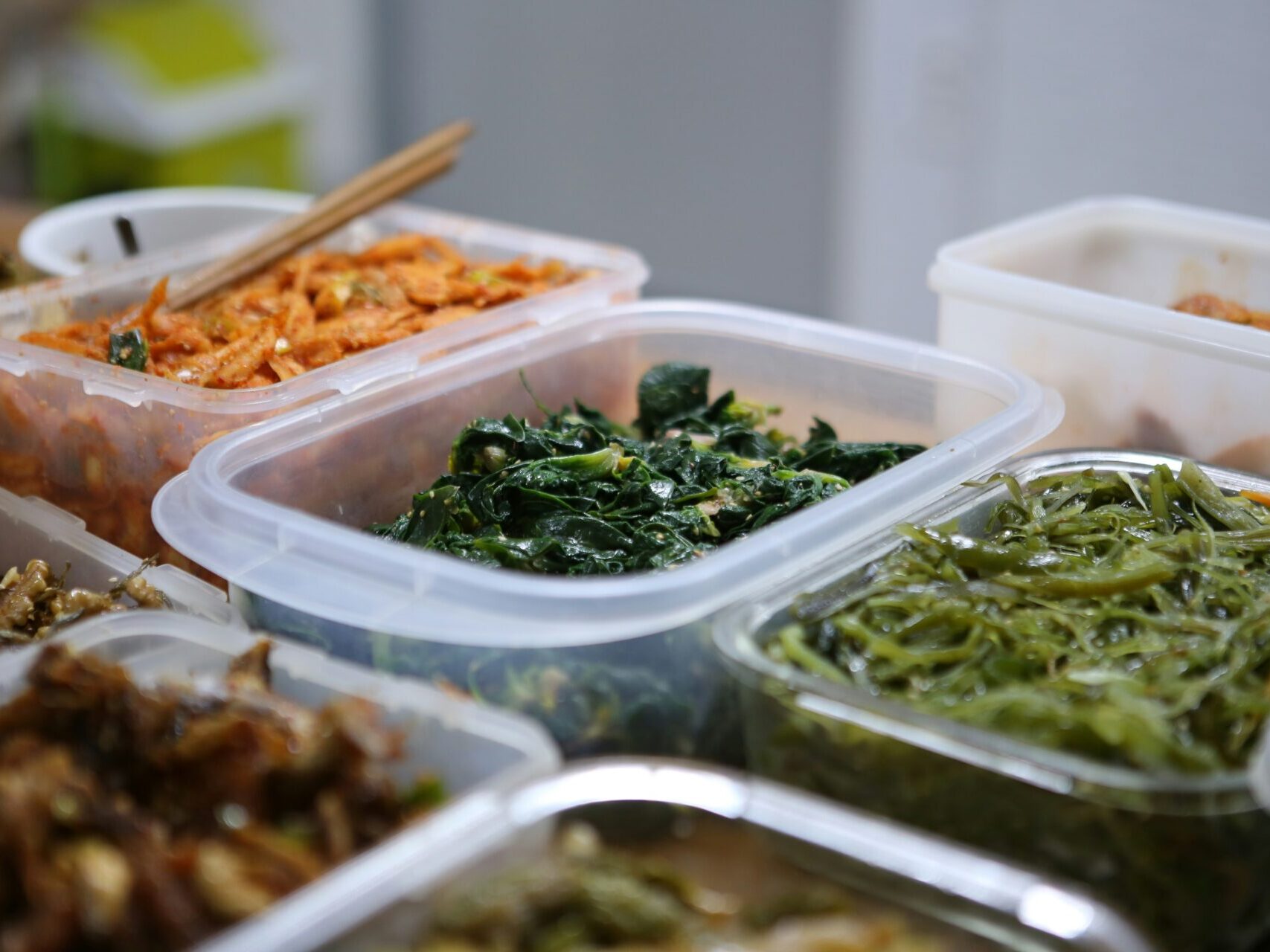
6. Find a balance between your body and soul
In traditional Japanese diets, tracking calories and macros had not been emphasized (until recent decades). What supported the well-being of the ancient Japanese were seasonal and wholesome foods, mostly from plant-based and fish sources.
Although part of the reason would be little knowledge about Western nutrition, their approach seems to imply something for a healthy and peaceful life.
It’s true that nutrition matters. However, it doesn’t have to be the end-all and be-all. In the grand scheme of things, cultivating peace with food would be crucial for well-being.

For instance, the other day I had only onigiri and banana for dinner. Not nutritionally balanced, but that was a choice to prioritize rest and sleep, my mental health.
I used to have an unhealthy relationship with food, being occupied by “healthy eating.” Now I don’t think it’s necessary to make every single meal perfectly nutritional. Your body can probably stay well as long as your default meal style an routine are structured.
The point is to view “health” in a holistic way, finding a balance between your physical and mental states.
Takeaway: Start small
Please don’t try to do those 6 things perfectly. That would be another “should.”
Day by day, bit by bit, we can aim to develop routines customized for each of us.
You do not rise to the level of your goals. You fall to the level of your systems.
It’s also okay to get off track of your style and routine (I still do, too). It’s part of the trial-and-error process to “kaizen” (改善, improve) your home-cooking system.

Let’s celebrate your tiny actions and enjoy the journey together!
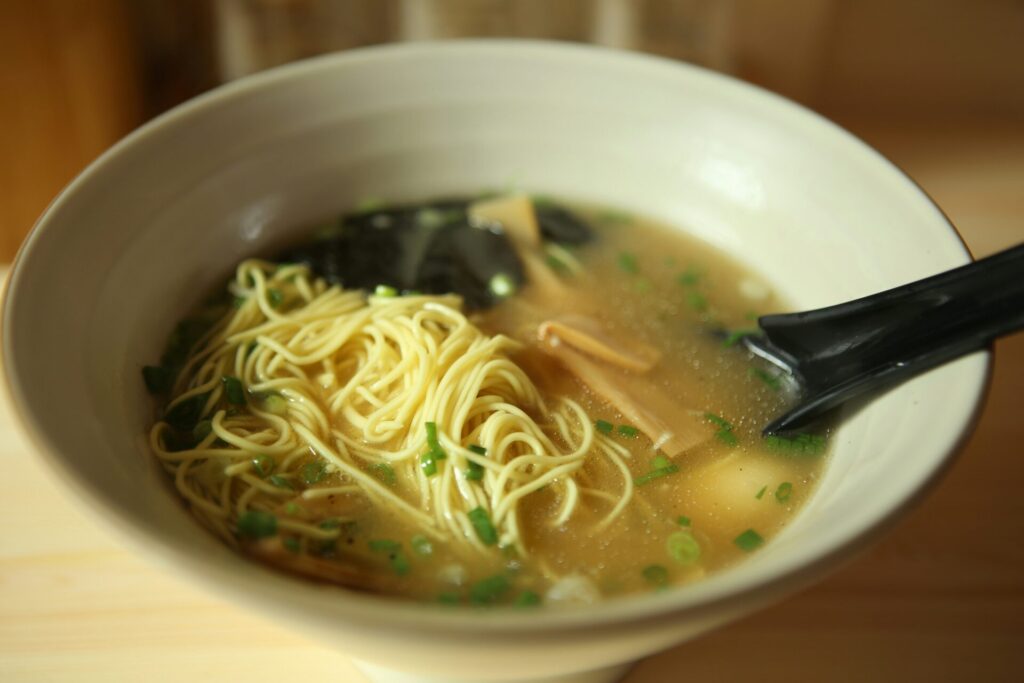
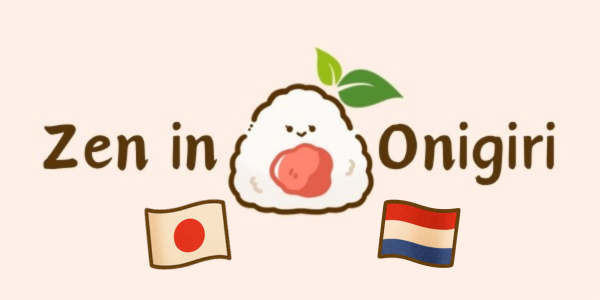

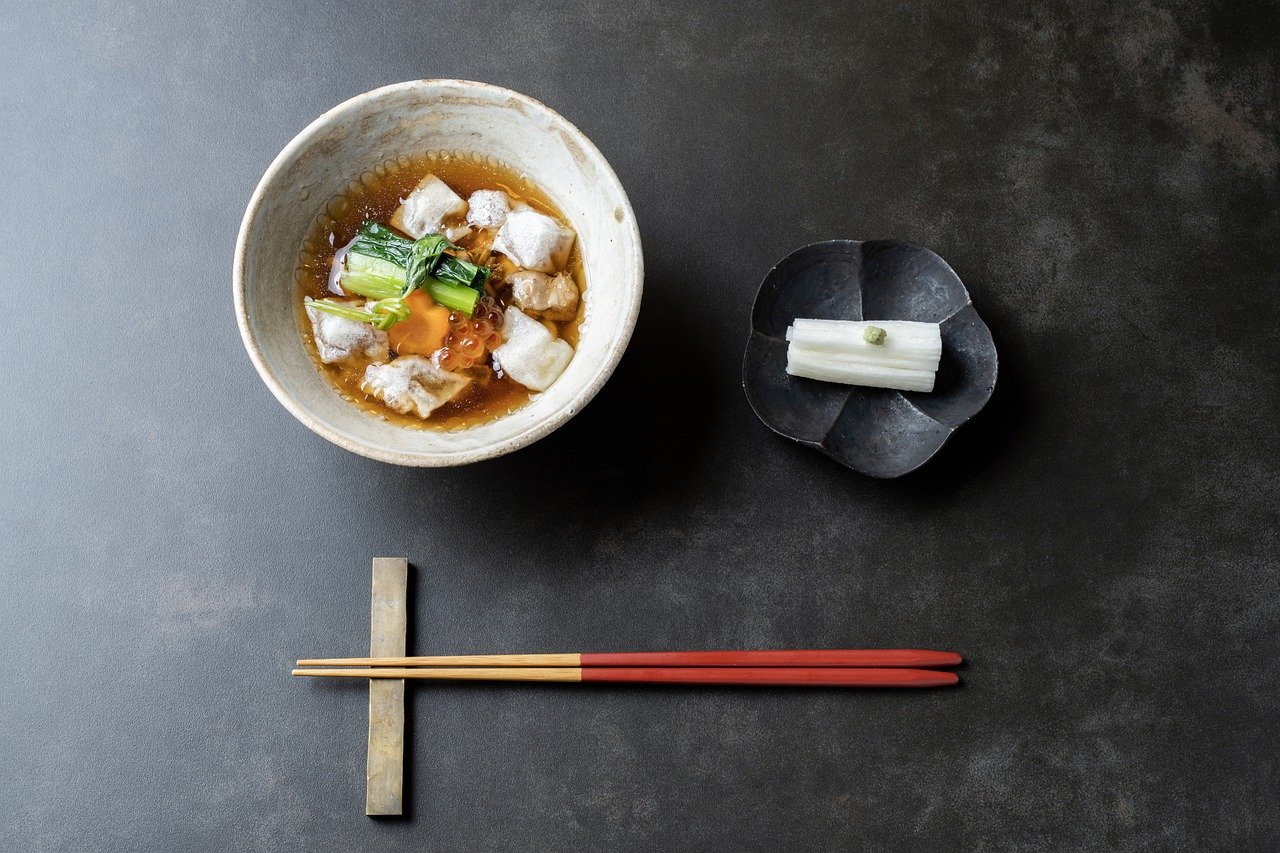
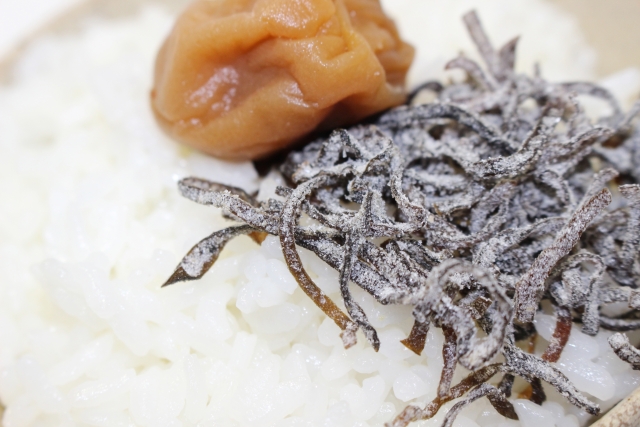
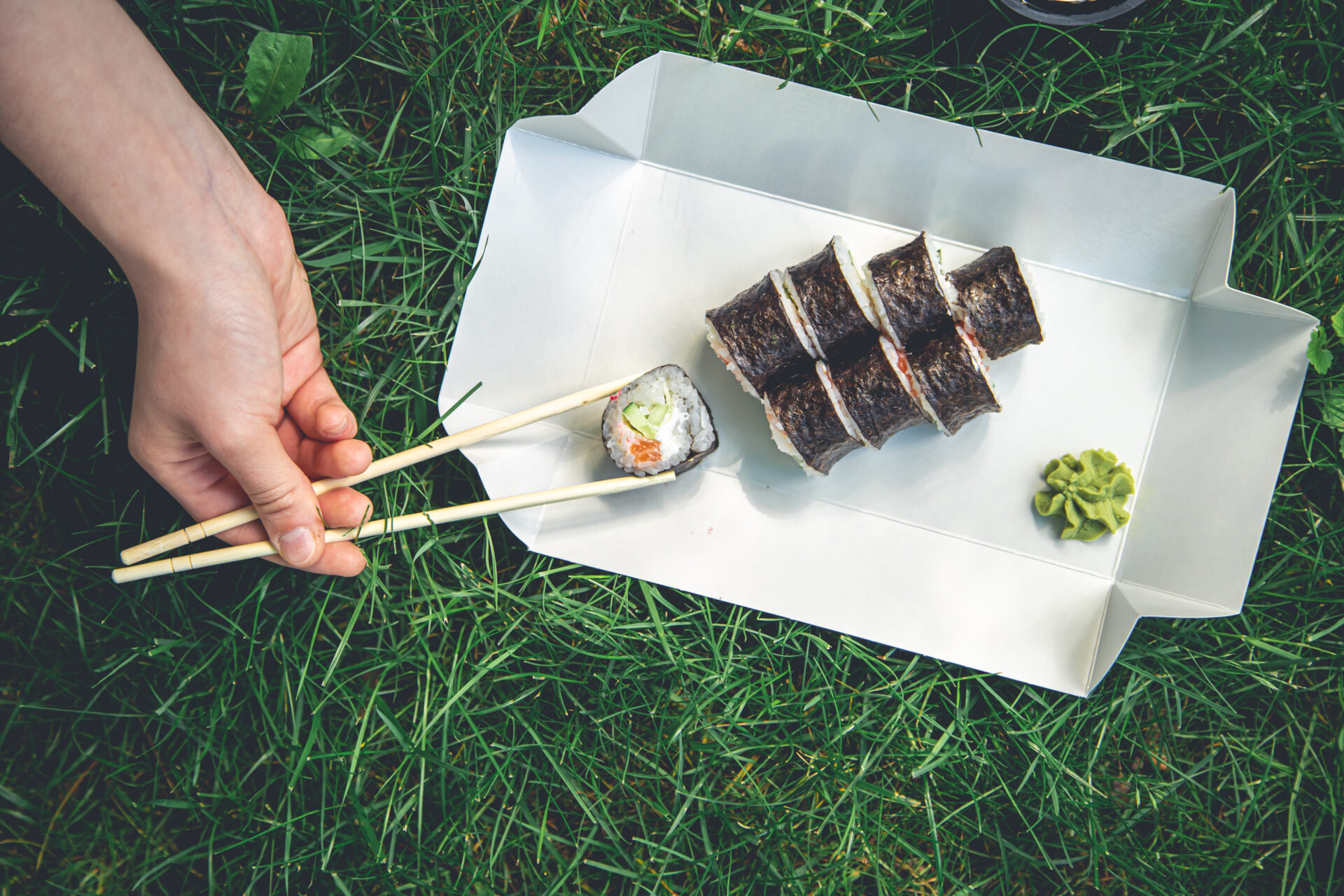
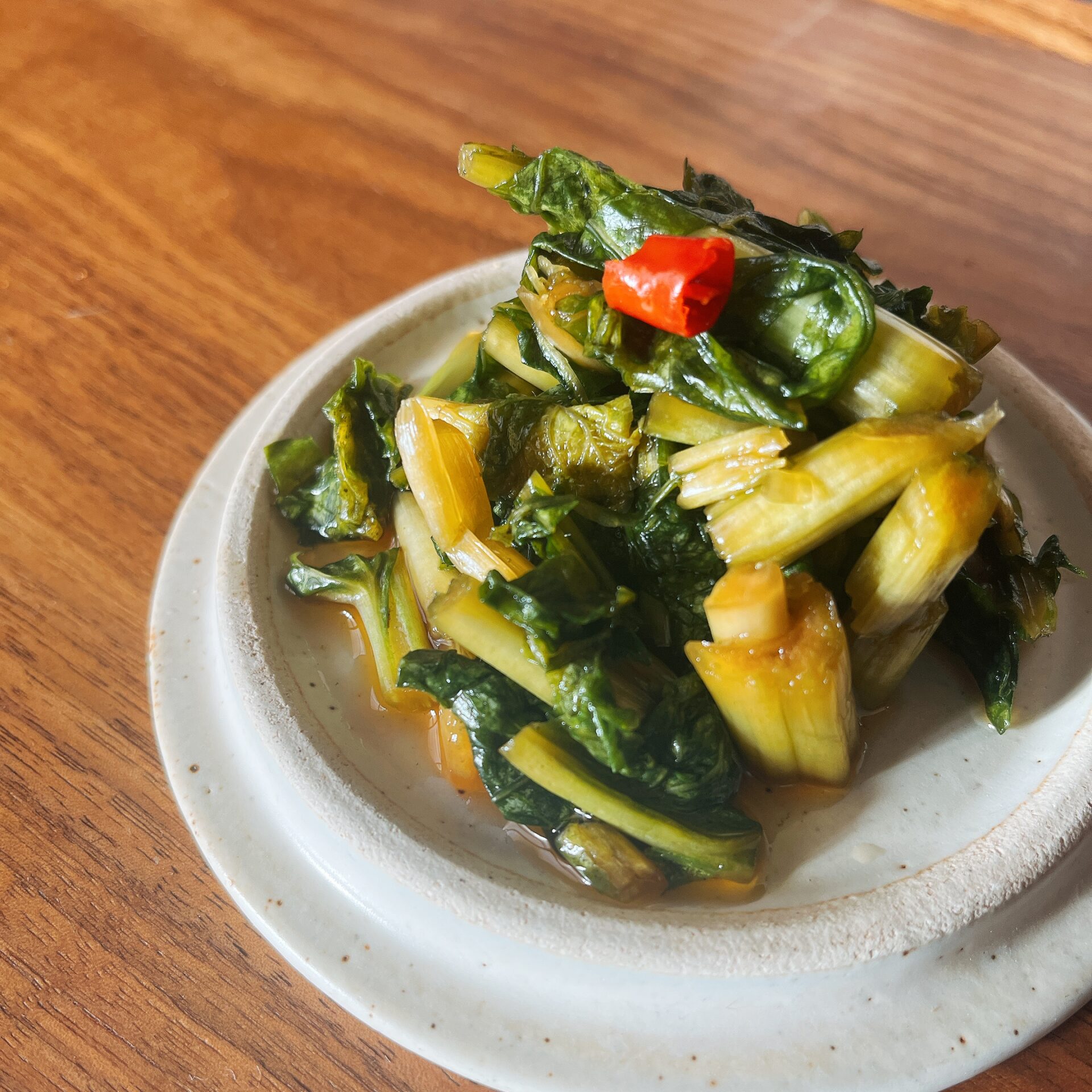
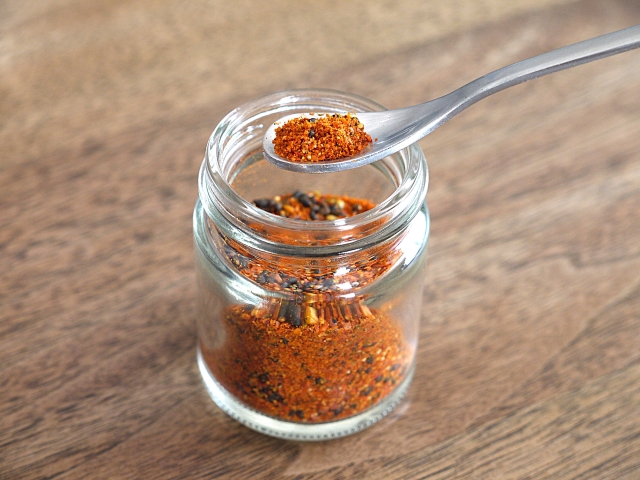
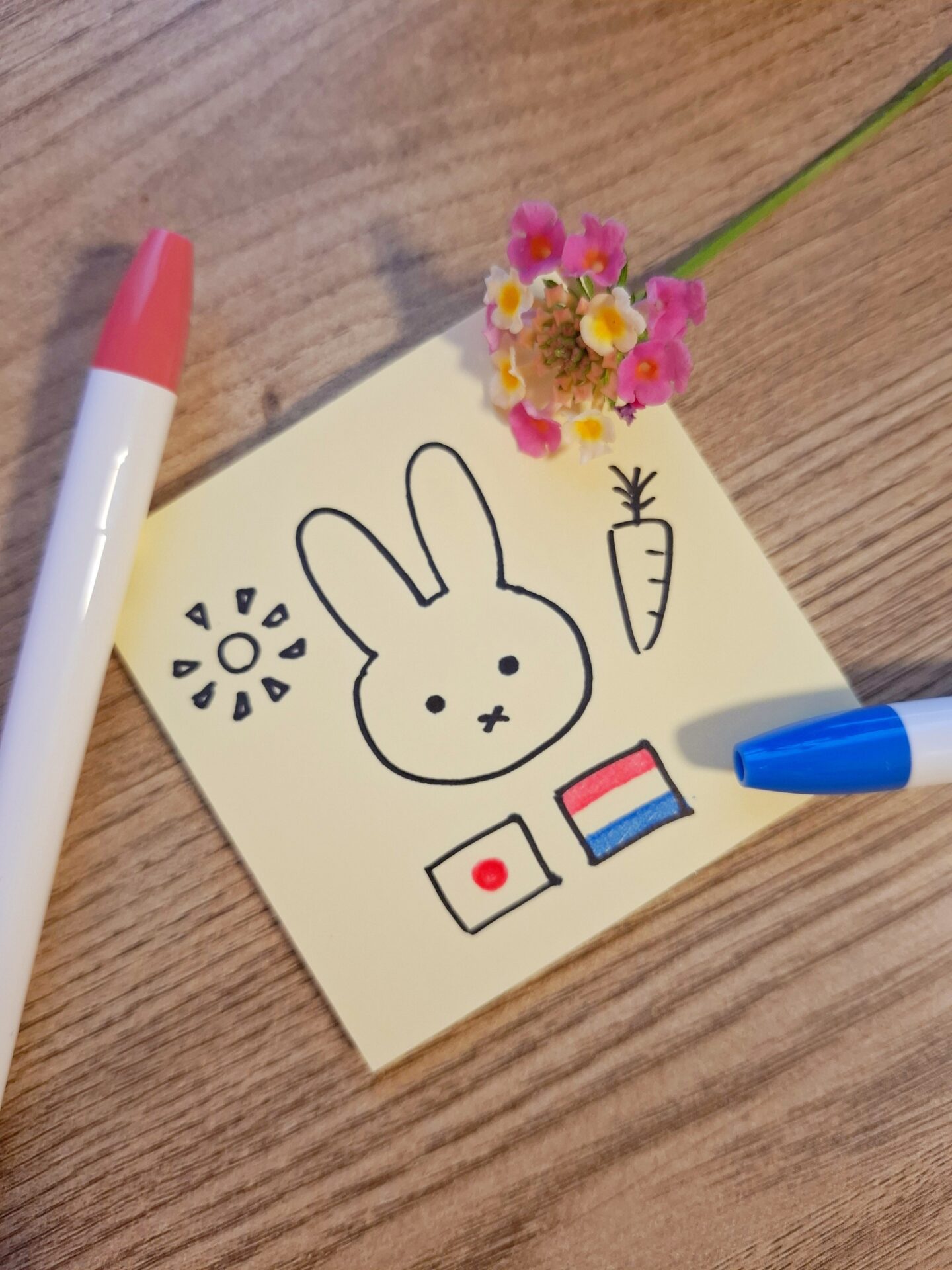
Your words make my day!